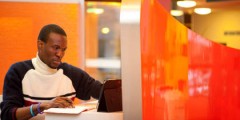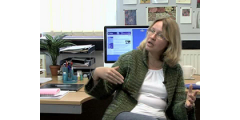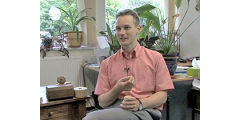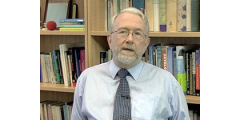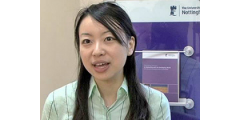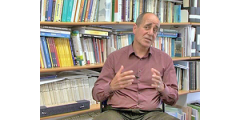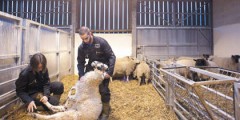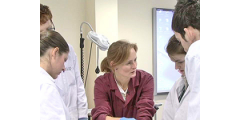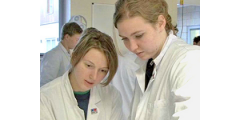How effective are reusable learning objects at supporting didactic lectures?
October 1, 2009
Andrew Fisher: “This project designed two Reusable Learning Objects (RLOs) which were then used to supplement a core first year module in philosophical logic taken by eighty students. RLOs are reusable web-based resources with a single learning objective, with the functional requirements of accessibility and reusability. They are popular within the Sciences and Medicine, but …
Perceptions of PhD students and supervisors of the academic and transferable skills training at the University of Nottingham
September 30, 2009
Sara Goodacre, Matthew Jones and Rumiana Ray: “The last decade has seen the initialisation and development of specific and generic skills training for PhD students at universities. Whilst the purpose of subject-specific skills training is to increase and validate the practical and professional competency of students in order to successfully complete their PhD programme, generic …
Reading academic papers: participation in tutorials
Video >> Nicola Pitchford: “I get them to go to the library and to make a copy of an academic journal article. It’s one of the things that they have to learn to do in psychology is to write lab reports and to write up their scientific studies so actually, it’s supporting, you know, the …
Idiomatic language in teaching
Video >> Mike Clifford, Faculty of Engineering: “I remember one particular incident, I do some lectures on composite materials, and there was a lot of terminology in there that’s, some of it’s quite colloquial, so I’ve had students, particularly some Erasmus students, some French students asking me after the lecture, you know, can I go …
Tutorials: participation and creativity using nominal group technique
Video >> David Clarke, School of Psychology: “I’ve got several kind of set piece formats which I use. One of them is something that comes out of the literature on psychology and related disciplines, it’s called nominal group technique and it’s designed as a way of getting a group of people who don’t particularly know …
Students working in a second language
Video >> Ting Lu, Student, School of Law: “I think language is the most important thing. No matter to your school mates, to your professors or to people who are around you in your daily life I think communicating is the most important thing so if they want to study in this English speaking country, …
The staff experience of learning from internationalisation
Video >> Martin Binks, NUBS: “Certainly teaching in other countries, which I’ve done quite a bit of, you learn a huge amount because there are suddenly areas of behaviour or attitudes that you’ve never come across before. “It has made me recognise the need to get feedback from the students in their body language and …
Perceptions of first year undergraduates of facilitated and non-facilitated small group learning environments
September 20, 2009
Kevin Gough, Karl Klisch, Rachael Tarlinton and Lisa Yon: “Student-centered learning is of growing importance within Higher Education and increasingly includes student-led as well as facilitated small group learning environments. The School of Veterinary Medicine and Science has adopted both of these approaches, with students undertaking facilitated clinical relevance (CR) and non-facilitated directed group learning …
The role of practicals in an integrated curriculum
August 2, 2009
Video >> Sarah Freeman: “The way that the curriculum is organised, we have a small number of lectures, they will have three cases that they’ll work through during the week, and then we try and theme the week and the skills and the practicals and the lectures, everything around that. “So the cases illustrate again …
Involving qualified professionals in lab-based practicals
Video >> Video playing: “The equipment you will need is clippers, swabs, antisceptic scrub and surgical spirit, methods of restraining the horse, clean sterile bottles of local anaesthetic, sterile needles, and sterile syringes. Nerve blocks involve the injection of local anaesthetics…” Sarah: “We have some people who volunteer to come along and some people that we …


